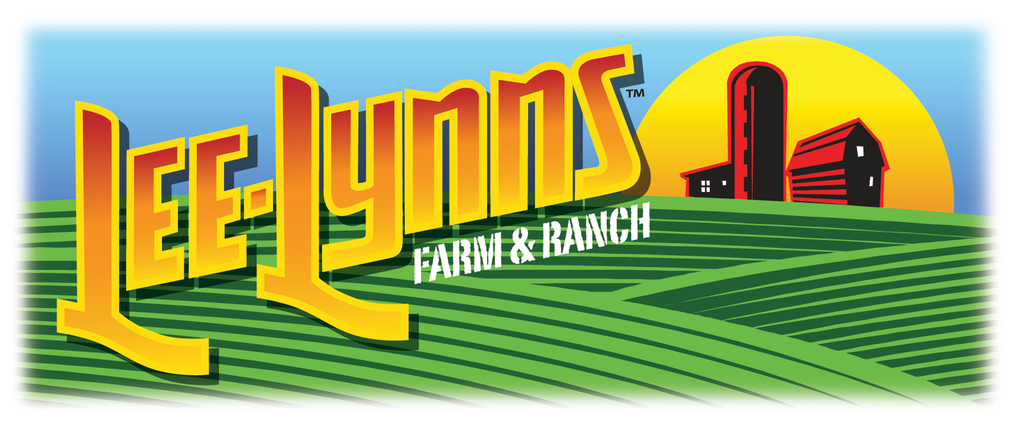Truly sustainable livestock farming requires the use of a pasture-based system. Pasture-raised animals roam freely in their natural environment where they're able to eat nutritious grasses and other plants that their bodies are adapted to digest. In addition to dramatically improving the welfare of farm animals, pasturing also helps reduce environmental damage, and yields meat, eggs, and dairy products that are tastier and more nutritious than foods produced on factory farms.
Pasture-raised animals also enjoy a diet free of the unnatural feed additives routinely administered on factory farms. Industrial farms frequently supplement animal feed with a range of byproducts including chicken manure, plate waste from restaurants, and animal blood in order to bolster the quantity and protein content of the feed. Antibiotics and artificial hormones are also added to promote rapid growth. On pasture, animals get all the nutrients they need from grass and forage (other plants), and some animals, like chickens, get additional vitamins and protein from eating insects.
Pastured poultry is a sustainable agriculture technique that calls for the raising of laying chickens, meat chickens (broilers), and/or turkeys on pasture, as opposed to indoor confinement. The foraging helps the hens to produce eggs with a more "orangish" yolk and a thicker albumen. This is owed to the beta carotene that the grass provides to the eggs.
Listing last updated on
Jan 21, 2025
Upcoming Events
No Events on File
Lee-Lynns Farm & Ranch is located just south of Barry, Texas. Our chickens are happy, free-range and are naturally raised. Pastured poultry is a sustainable agriculture technique that calls for the raising of laying chickens, meat chickens (broilers), and/or turkeys on pasture, as opposed to indoor confinement. The foraging helps the hens to produce eggs with a more "orangish" yolk and a thicker albumen. This is owed to the beta carotene that the grass provides to the eggs.
Contact Information
Terry Lundberg
(817) 690-8854
(817) 690-8854
Location:
9876 NW CR 2221
Barry, TX 75102
9876 NW CR 2221
Barry, TX 75102
Mailing Address:
9876 NW CR 2221
Barry, TX 75102
9876 NW CR 2221
Barry, TX 75102
Website:

